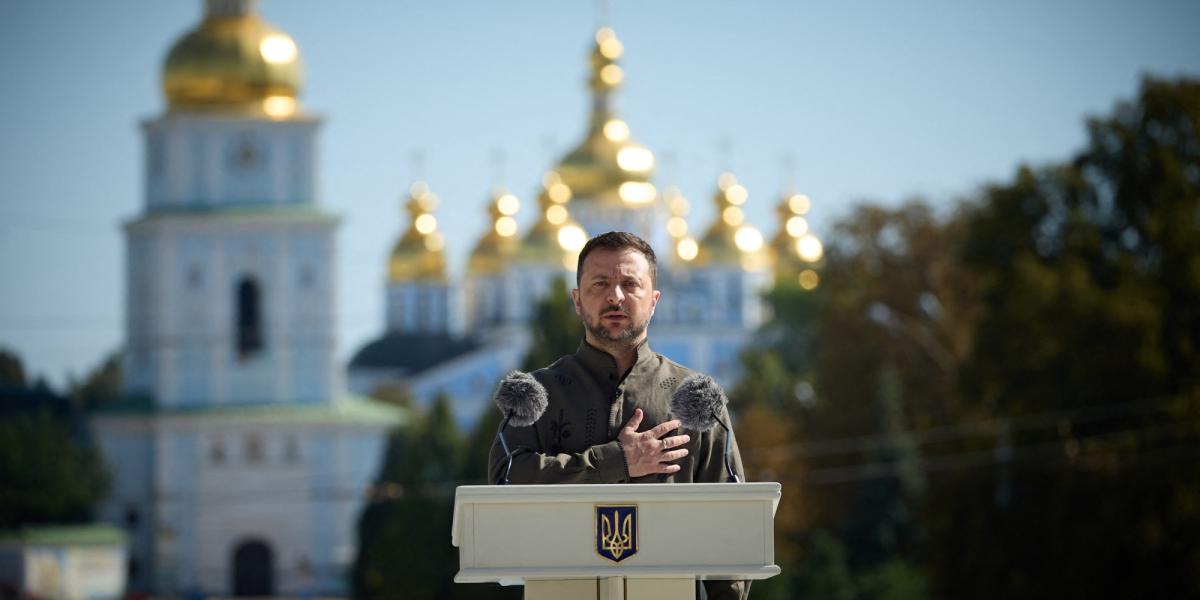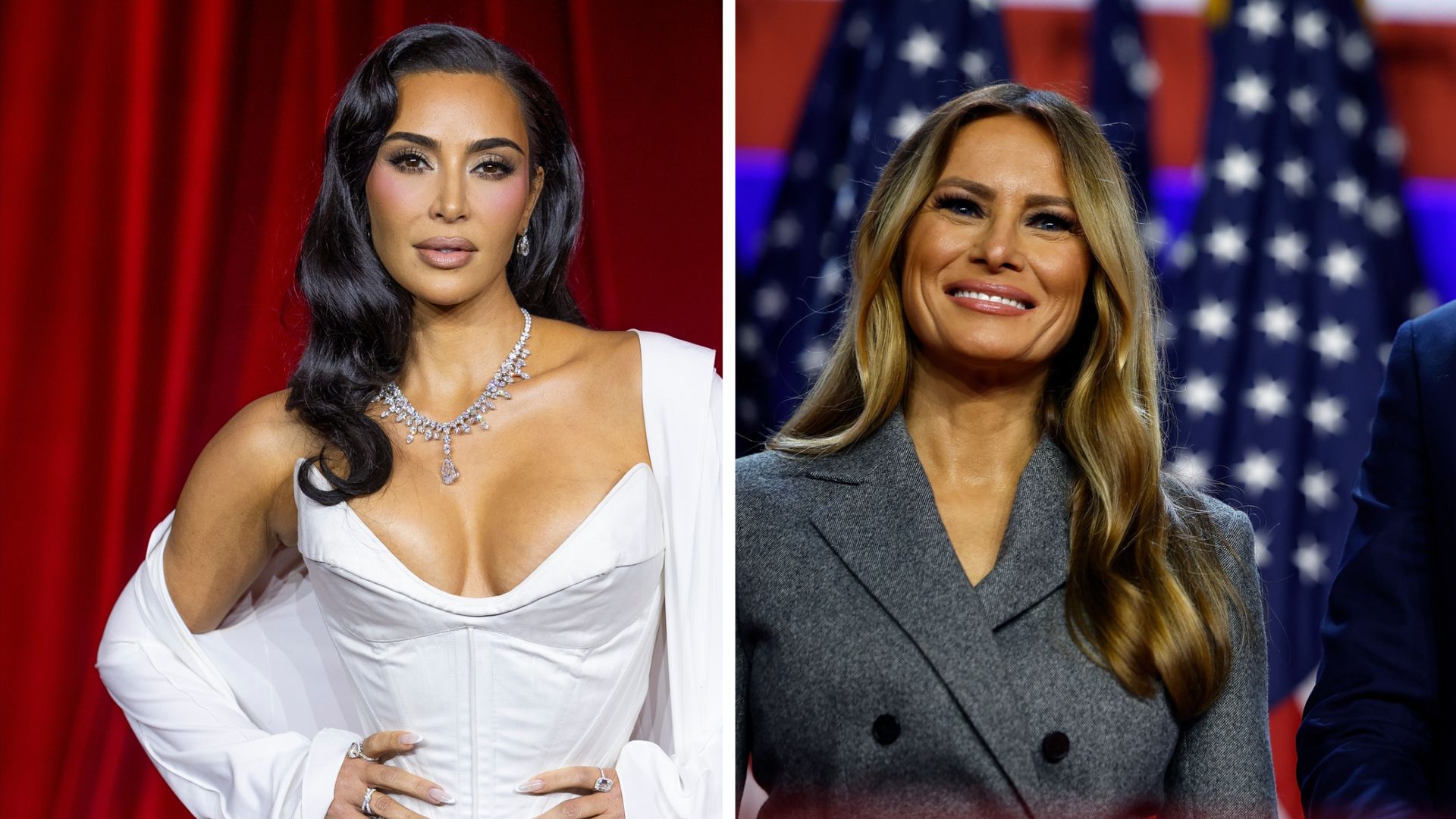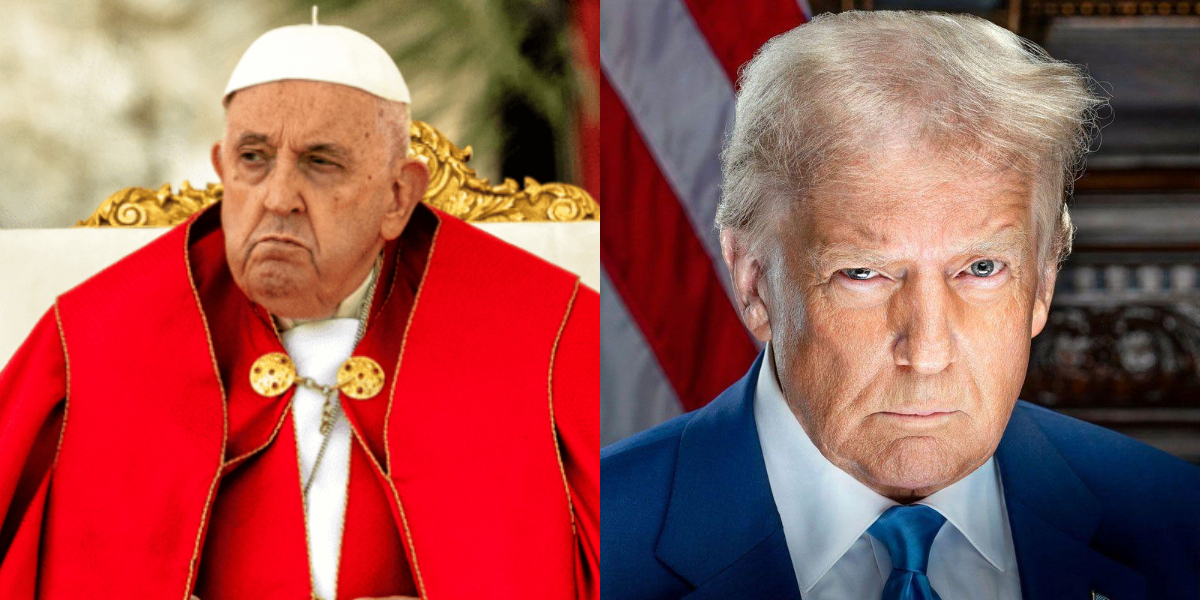Ukraine's Offer: Soldiers for Captives Exchange
In a strategic move, Ukraine's President Zelensky proposes a unique prisoner exchange with North Korea, indicating potential diplomatic and military ramifications.
Published January 18, 2025 - 00:01am

Image recovered from eleconomista.com.mx
Ukraine's President Volodymyr Zelensky has proposed an unprecedented prisoner exchange with North Korea, underscoring the complex geopolitical maneuvers in the ongoing conflict involving Russia. Recently, Zelensky announced Ukraine's readiness to transfer captured North Korean soldiers back to Pyongyang if North Korea's leader Kim Jong Un can facilitate the release of Ukrainian soldiers detained in Russia. This announcement reflects the intricate dynamics of international diplomacy intertwined with military strategy in the Eastern European theater.
The Ukrainian Army reportedly captured two North Korean soldiers during operations in the Russian Kursk region. This marks the first time live captures of North Korean soldiers have been publicly acknowledged since their involvement became apparent in the conflict last autumn. Ukraine and Western allies estimate that about 11,000 North Korean troops have been deployed to support Russian military efforts in Kursk. Russia has neither confirmed nor denied these claims, maintaining ambiguity over foreign troop deployments on its territory.
Zelensky released footage showing what the Ukrainian military claims are captured North Korean soldiers. One of these soldiers, speaking through an interpreter, expressed ignorance of his deployment to Ukraine, believing it to be a training exercise. Despite their capture, not all wish to return to North Korea; some see an opportunity for a new beginning in Ukraine. This aspect of the exchange suggests potential shifts in allegiance and highlights the psychological operations in warfare.
The Ukrainian proposal also carries significant international implications. South Korea, observing developments closely, notes North Korea's unusual coercion tactics; captured soldiers were allegedly ordered to commit suicide upon capture. This situation illustrates the extreme measures some nations take to preserve national allegiance, even at the individual soldier's expense. As global observers remain skeptical about the authenticity of some visuals and claims, the diplomatic narrative continues to evolve.
In addition to diplomatic angles, practical military considerations play a crucial role. Documents recovered from a killed North Korean soldier reveal insights into their combat procedures and strategies. These include North Korea's directives on soldier conduct under fire and the tactical challenges posed by language barriers with Russian forces. These documents serve as testimony to the diverse multinational elements involved in the war and the procedural rigidity of North Korean troops.
This proposed exchange sheds light on North Korea's involvement in foreign conflicts, a point Pyongyang and Moscow remain silent about. It also signals potential pressure points in the Russia-North Korea relationship, underscoring North Korea as a silent yet pivotal player in Eastern Europe. This exchange, if successful, could pave the way for future negotiations, serving as a mechanism for dialogue amid war.
Zelensky's strategic offer to North Korea underscores how global actors leverage captured personnel as bargaining tools. It emphasizes the potential for peace-building measures even in seemingly intractable conflicts. This strategy might not only secure the freedom of Ukrainian POWs but also influence the broader trajectory of the Ukraine-Russia conflict, reshaping alliances and military strategies across continents.
)






